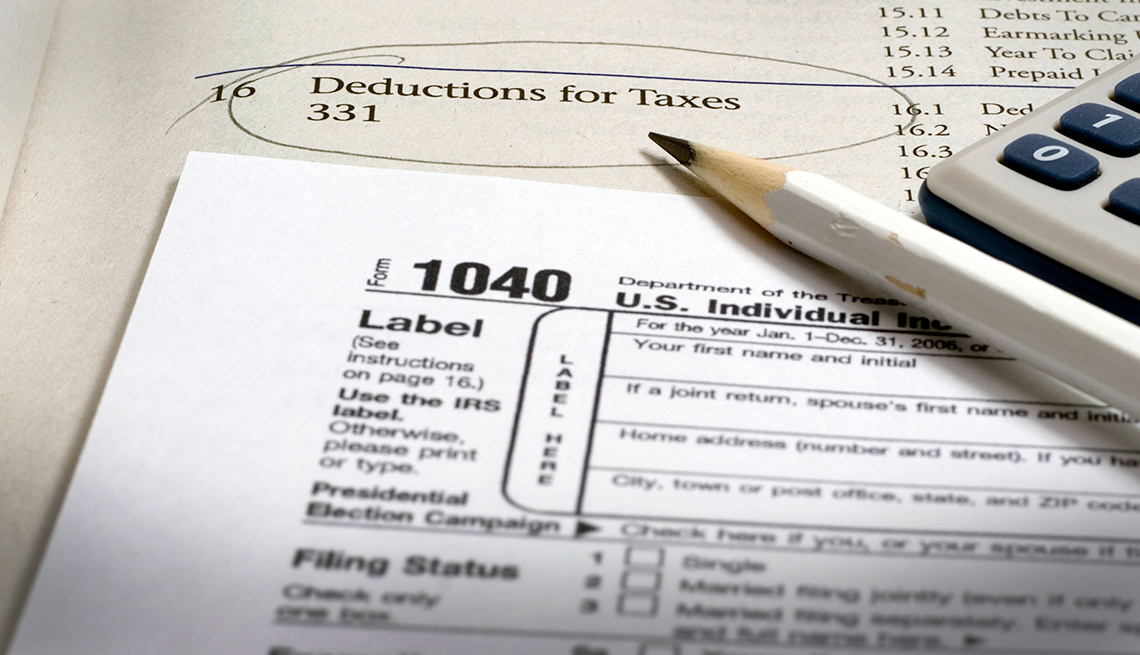11 Things That Are Cheaper in Retirement
These once-regular expenses may cost less — or disappear — once you stop working
by Jeff Yeager
-
Getty Images
Taxes
You'll probably pay less in income taxes. Taxpayers 65 and older who don't itemize deductions can receive a higher standard deduction. And you'll no longer have to pay into Social Security and Medicare in retirement (unless you start working again). You might even qualify for a property tax exemption, depending on your age, income and where you live.
1 of 12 -
Istock
Clothing and Dry Cleaning
Once you leave the workaday world, you won't have to dress to impress anymore. Consider donating your business wear to a charity and get a tax write-off.
2 of 12 -
Istock
Coworker Gifts
You'll no longer have to chip in for office birthday parties, buy holiday gifts for business colleagues or support the latest fundraising activities of coworkers and their kids — which can really add up.
3 of 12 -
Istock
Commuting Costs
According to a recent study by Citi, full-time workers nationwide spend an average of about $12 per day commuting to and from work, or roughly $240 per month (assuming a five-day workweek). If you work in a major city, daily round-trip commutes can range from $11 (Chicago, San Francisco) to $16 (Los Angeles).
4 of 12 -
Corbis
Insurance
Depending on your situation, it might be possible to forgo life and disability insurance once you're retired. You may be eligible for lower car insurance premiums, too, if you are putting fewer miles on your car.
5 of 12 -
Istock
Recreation and Entertainment
Senior discounts and freebies — everything from discount matinees at the movies and a $10 lifetime pass to America's national parks to free (or discounted) fishing and hunting licenses in many states. It's possible to have more fun on the cheap.
6 of 12 -
Shutterstock
Retirement Contributions
This seems like a no-brainer, but you'll no longer be contributing to your 401(k) or IRA once you retire. When budgeting for retirement, people sometimes forget that a significant portion of their preretirement income goes to retirement plans — a maximum of $24,000 for 401(k)s in 2015, including the $6,000 catch-up contribution for those 50 and older.
7 of 12 -
Getty Images
Home Repairs and Chores
When you're working 9 to 5, it's easy to outsource simple household jobs such as mowing the lawn and cleaning the house. When you're retired, you'll have the time to do those tasks yourself and save a few bucks. With free DIY clinics offered online and by many home improvement stores, you might even be able to tackle some more challenging household projects on your own.
8 of 12 -
Getty Images
Car Costs
Many retirees say they drive less and less as they age, apart from the miles saved by no longer having a work commute. At the very least, this should result in some savings on gas and maintenance of your vehicles. You may even be able to get rid of a spare vehicle or live entirely car-free. AAA says it costs an average of almost $8,700 annually to own and operate a vehicle in the U.S.
9 of 12 -
Istock
Dining Out
Unless you're a dedicated brown bagger, you'll see a big savings when you no longer have to buy workday lunches. Plus, with your extra free time, you'll probably prepare more meals at home, not to mention take advantage of early-bird and other senior discounts when dining out.
10 of 12 -
Istock
Travel
Once you're retired, you'll probably want to travel and vacation more, not less, right? Maybe so, but many retirees report that once they have the free time and flexibility to travel in the off-season and take advantage of last-minute vacation deals, they can afford to travel a lot more for a lot less. A generally less-stressful retirement lifestyle allows you to really appreciate low-key, less costly vacations than when you were a working stiff.
11 of 12 -
More
Now that you know which items are cheaper in retirement, learn about 10 places to ask for a discount.12 of 12












